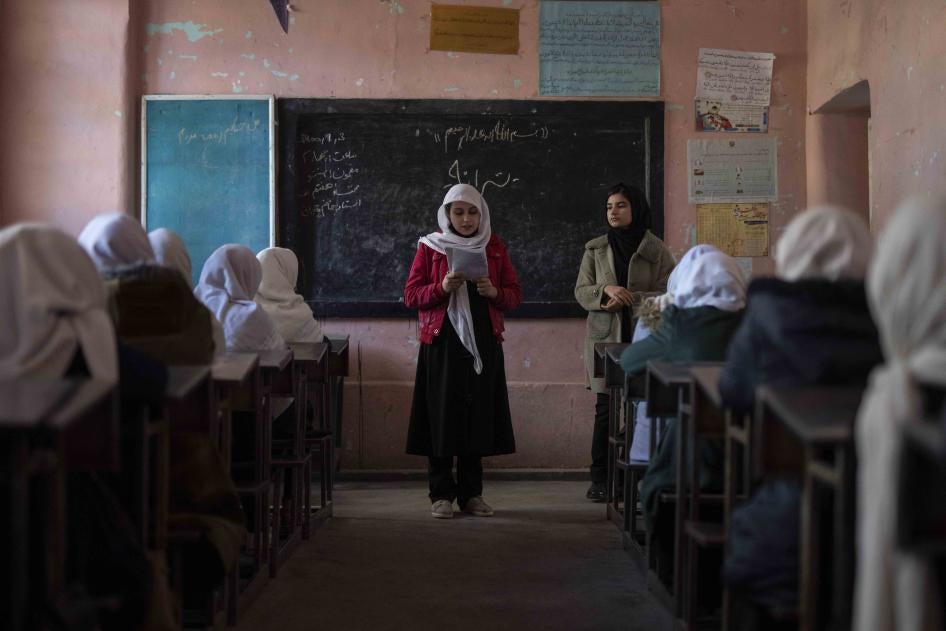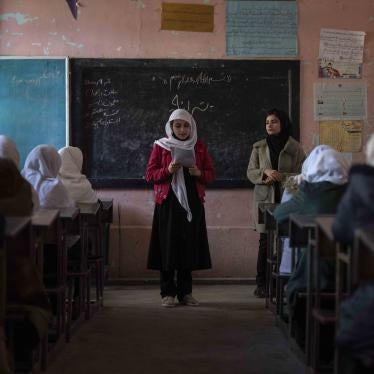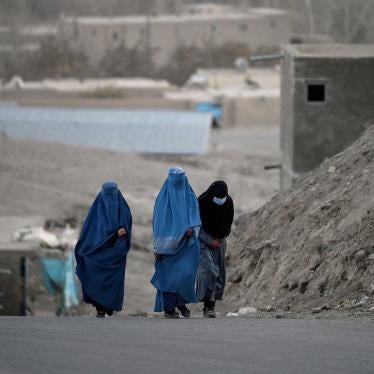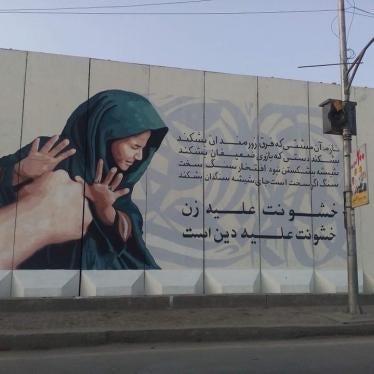(London) – The Taliban’s ban on secondary education has already caused girls in Afghanistan to lose 300 days of their studies with devastating consequences for them, their families, and the country’s future, Human Rights Watch said today in a new video feature.
The video features six prominent Afghan women: Tamana Ayazi, a filmmaker; Sahar Fetrat, a Human Rights Watch researcher; Yalda Hakim and Zahra Joya, journalists; Elaha Soroor, a musician; and Heela Yoon, an activist. They discuss how education changed their lives and the devastating consequences of the current ban for this generation of Afghan girls.
“It feels beyond belief that we could be having a conversation in 2022 about whether girls should be allowed to study,” said Sahar Fetrat, assistant women's rights researcher at Human Rights Watch and the producer of the project. “We’re so grateful to the strong Afghan women who spoke with us. The world should listen to them and do more to end this shocking abuse. Every day, millions of Afghan girls are losing opportunities and dreams they can never get back.”
On September 18, 2021, a month after taking over the country, the Taliban ordered the reopening of boys’ secondary schools but made no mention of girls’ secondary schools. This was interpreted as a ban on girls’ secondary education. In several provinces, under community pressure, Taliban officials allowed girls’ secondary schools to reopen, but the vast majority of these schools remained closed.
On March 21, 2022, the Taliban pledged to reopen all schools on March 23, but on that date they closed girls’ secondary schools again. An indefinite ban remains in place with no clarity about when or if these schools will reopen. Yalda Hakim, a BBC news presenter who participated in the project, has been counting down on Twitter the days since the ban began, on July 14 it will be 300 days.









